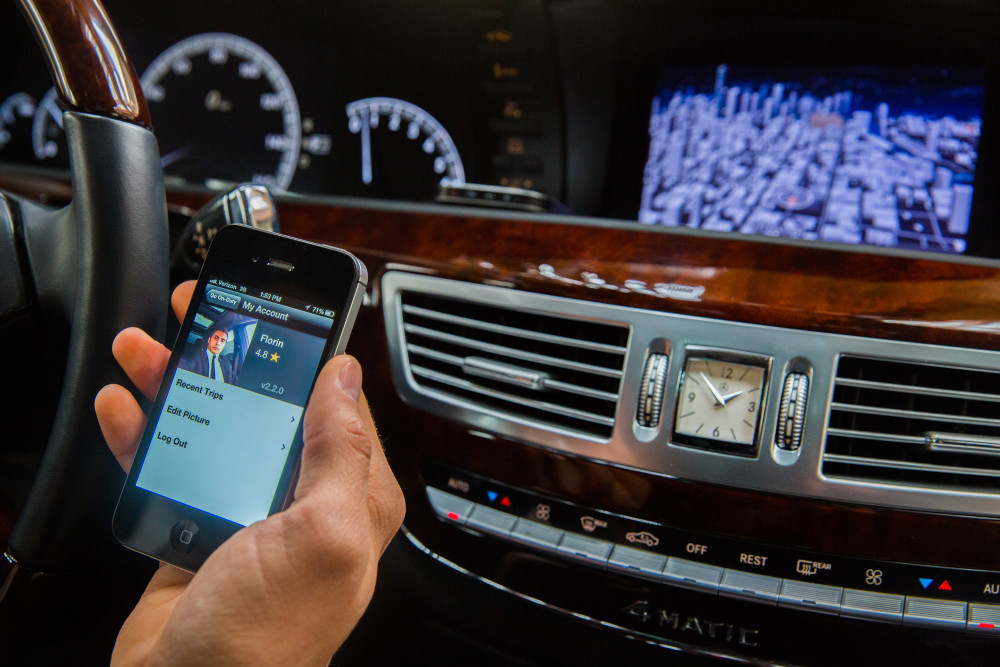By Daniel Beekman
The Seattle Times.
SEATTLE
The Seattle City Council voted 8-0 Monday to enact an ordinance giving taxi, for-hire and Uber drivers the ability to unionize.
The National Labor Relations Act already gives employees the right to bargain as a union. But taxi, for-hire and app-dispatched drivers are categorized as independent contractors, rather than employees, so those federal protections don’t apply to them.
Seattle would be the first city in the U.S. to establish a framework for contract drivers to organize and negotiate agreements on issues such as pay and working conditions.
Under the ordinance, proposed by Councilmember Mike O’Brien, a company would be required to provide the city with a list of its Seattle drivers. Then a nonprofit organization, most likely a union, would use the list to contact the drivers.
The nonprofit organization would need to gain the support of a majority of a company’s drivers to be designated by the city as their bargaining representative.
The ordinance would require the company to hammer out an agreement with the representative organization. The city would enforce the ordinance’s requirements through penalties such as fines but not by revoking a company’s license to operate.
The backdrop for the council’s vote is a nationwide conversation about what role governments should play in the country’s growing app-powered gig economy.
Companies like Uber and Lyft for rides, TaskRabbit for odd jobs and GrubHub for food delivery are attracting workers by offering more flexibility than conventional jobs.
But labor activists and others are worried about apps making it easier for companies to contract with independent workers and avoid paying minimum wages and benefits.
Drivers from several cities, including Seattle, are suing Uber for categorizing them as independent contractors, and politicians in Washington, D.C., and elsewhere are talking about whether a new benefits system or new worker category might be needed. The lawsuits will focus on whether Uber controls drivers by setting fares and deciding who can work or whether drivers are in charge because they set their own schedules.
O’Brien’s proposal grew from organizing by taxi, Uber and Lyft drivers in Seattle and from advocacy by Teamsters Local 117.
Some drivers backing the bill have said that, after expenses, they make far less than the city’s minimum wage driving for Uber and Lyft. Other drivers have said they like the system the way it works now.
Uber is opposed to Seattle enacting O’Brien’s ordinance and has ramped up its engagement in the city in advance of the council’s vote. David Plouffe, a former political strategist for President Barack Obama now serving as Uber’s chief adviser, visited Seattle earlier this month to promote the company and criticize the ordinance.
The company recently chose the city for its launch of devices on some vehicle windshields that light up to help drivers connect with waiting riders. Last week, it began offering a new service in Seattle called UberHop; vehicles pick up riders at set spots along set routes. The company has been advertising heavily in local media, as well.
Uber and Lyft have argued that O’Brien’s proposal violates federal law, meaning the city likely will be sued.
Lawyers for the city have been working to make the ordinance more legally sound since the council’s finance committee approved it in October.
Uber has sued King County, the home of Seattle, and Seattle law firm Keller Rohrback in an attempt to block the county from releasing, under a public-records request by the firm, the number of licensed drivers the company has here. The records were to be released Monday.














































































































































































































































































































































































